|
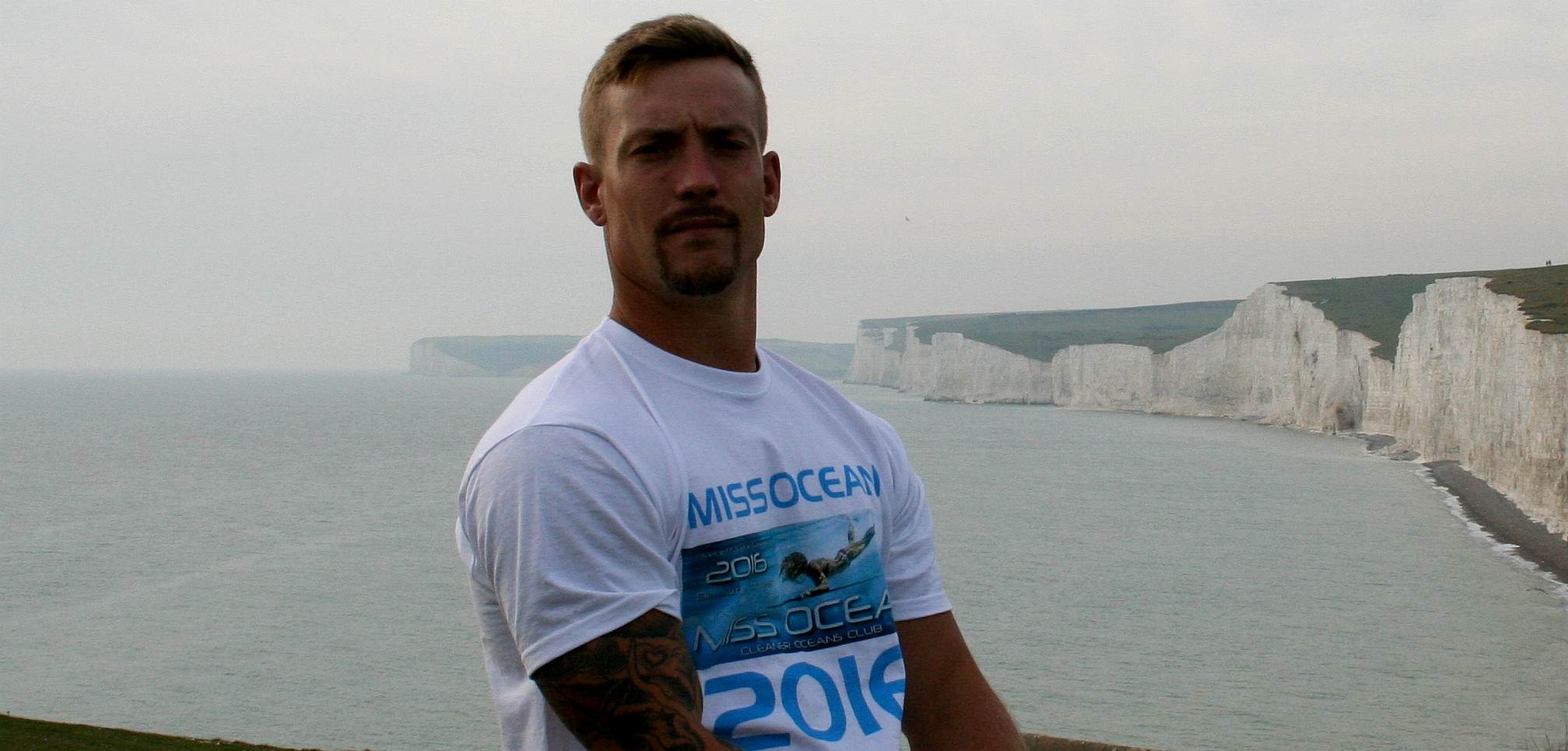
WORRYING
TREND - Terry is concerned that with
the present rate of decline of wild fish stocks, fish
farming is becoming a popular alternative, that ironically, depends on fish
meal from wild fish to produce salmon and other high value produce. That
may be seen an un-sustainable practice as population
growth generates a conflict between land
usage for agriculture and housing, and we'll have to cross that bridge
when we come to it, except that it pays to plan ahead for a worst case
scenario. Terry (seen above) agrees with the SeaVax crew that this
ocean workhorse is one possible means to
clean up our polluted oceans and seas to help regenerate healthier waters,
provided that the economics
of operating these boats can be solved. That is the research challenge for
2017 into 2021 - provided that funding is available for such endeavor.

The description "Blue Green Growth" may seem rather ambiguous at
first, where something is either blue or green, but not blue and green at
the same time - but we are not talking about color, we are mixing
metaphors:
“Green growth” is a term to describe a path of economic growth that
utilizes natural resources in a sustainable manner. It implies fostering economic growth and development while ensuring that natural assets continue to provide the resources and environmental services on which the well-being of the current and future generations rely.
The similar and often interchangeably used term of ‘green technologies’ relates to environmentally friendly (clean) inventions that promote sustainable management of resources and take into account: energy efficiency, recycling, safety and health concerns, etc. The term relates to methods, approaches, solutions, materials, devices, products and services applied in a wide range of activities. These usually include: production and transmission of renewable energy, water purification, air pollution reduction, sewage treatment, environmental remediation, solid waste management, energy conservation and life-cycle solutions, chemistry, food manufacturing and processing, housing, and many more.
“Blue growth” is part of the Europe 2020 strategy and addresses the economic potential of the oceans, seas and coasts for sustainable growth and jobs, to be developed in harmony with the marine environment and through cooperation between public and private partners, including SMEs. In concordance with the European Commission’s Communication on ‘Blue Growth – Opportunities for Marine and Maritime Sustainable Growth’, the term “blue economy” can be related to the following sectors:
* Blue energy – offshore wind
power, tidal and wave
power, ocean thermal energy conversion;
* Aquaculture;
* Maritime, coastal and cruise tourism;
* Deep-sea and short-sea shipping;
* Marine mineral resources (seabed mining);
* Marine biotechnology (e.g. resources in the pharmaceutical and cosmetic industries);
* Desalination;
* Coastal
protection;
* Maritime security & surveillance and environmental monitoring;
* Maritime spacial planning for combined uses of maritime resources.
TOPIC
: BLUE
GREEN INNOVATION FOR CLEAN COAST AND SEAS
| Topic
identifier: |
BG-07-2017 |
| Publication
date: |
14
October 2015 |
|
| Types
of action: |
IA
Innovation action |
DeadlineModel:
Opening date: |
single-stage
04 October 2016 |
Deadline: |
14
February 2017 17:00:00 |
|
| Time
Zone : (Brussels time) |
 Horizon 2020 H2020
website
Horizon 2020 H2020
website
Pillar:
Societal Challenges
Work
Programme Year: H2020-2016-2017
|
HORIZON
2020 TOPIC DESCRIPTION
Specific Challenge:
Debris, chemical and microbial pollution and algae jellyfish blooms are huge and increasing problems in the oceans, seas and coasts. For
plastics alone, the economic and ecological cost is considerable when including beach clean-ups, tourism losses, and damages to the fishing and aquaculture industries. In spite of strong legislation such as EU directives,
sea and coastal
pollution remains high, and prevention and innovative coast and sea clean-up schemes remain a challenge. Many solutions are available to tackle these sources of pollution, including recycling, waste water treatment, teams of collectors, and specific equipment such as skimmer boats, beach cleaning machines or algae harvesting devices. However, there is a pressing need to develop powerful innovative methods and processes to clean coasts and oceans and to restore the ecosystems to a healthy and clean state. The foremost challenge is not only to remove litter and pollution, but to transform the collected waste into a resource stream in line with the concept of the circular economy.
Scope:
The proposals should be for demonstration projects to clean and lay the ground for a healthy ocean or sea and its coasts in any given large geographic area(s), including regional seas or semi-closed sea basins such as the Mediterranean. The demonstration projects should develop and scale-up innovative processes and measures to clean the selected
site [1] from visible (for example floating plastics or abandoned
fishing gear) and invisible litter (micro-plastics) and
pollutants [2], involving local communities and actors. Collected waste materials should be adequately processed so as to enable a subsequent usage/ exploitation/ re-usage. The proposals should apply an ecosystem approach, developing forecasting tools and models to identify areas where the proposed intervention is likely to be most effective in ecological and economic terms. Social acceptance and economic impact of the envisaged measures must also be considered and promoted, for example by disseminating the project results to relevant stakeholders.
In line with the objective of the EU Strategy for international cooperation in research and innovation (COM (2012) 497), proposals addressing the
Mediterranean should contribute to implement the Research and Innovation Initiative for Blue Jobs and Growth in the Mediterranean Area (The BLUEMED
Initiative). [3]
The Commission considers that proposals requesting a contribution from the EU of up to EUR 6 million would allow this challenge to be addressed appropriately. Nonetheless, this does not preclude the submission and selection of proposals requesting other amounts.
Expected Impact:
To contribute to the implementation of EU Policies such as the Marine Strategy Framework Directive and its aim to achieve a good environment status for Europe’s seas and oceans by 2020, proposals are expected to:
Develop innovative technological methods or processes for cleaning coasts and seas and transforming waste into a resource.
Reduce cleaning up/restoration costs through cost-effective solutions, in particular through enhanced resource efficiency.
Increase awareness and acceptance of civil society about the importance of healthy
oceans and
seas, devoid of litter and pollutants, in civil society.
Progress towards reducing pollution and debris (macro, micro and nano) in regional sea basins and beyond, and towards restoring marine ecosystems.
Improve the professional skills and competences for those working and being trained to work within the blue economy.
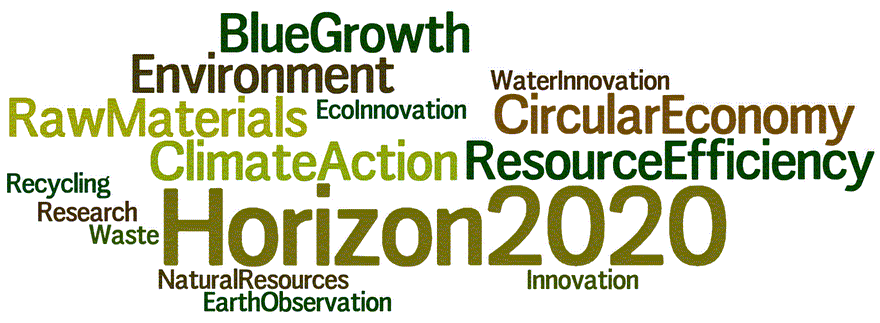
CROSS-CUTTING
PRIORITIES:
Socio-economic science and humanities - International cooperation
[1]
Each site should be substantial in size and include or be adjacent to different activities.
[2]
The exact selection of pollutants and litter will depend on the area selected. However, the choice of the area must be such that several sources of pollution are addressed.
[3]
The "Research and Innovation Initiative for Blue Jobs and Growth in the Mediterranean Area (The BLUEMED Initiative)" aims to advance a shared vision of a Mediterranean Sea that is healthy, productive, resilient, understood and valued so as to promote the well-being and prosperity of our citizens and future generations and boost socio economic growth and jobs. It was jointly developed by
Cyprus,
Croatia,
Greece,
France,
Italy, Malta,
Portugal, Slovenia and
Spain and presented by the Italian Presidency during the Competitiveness Council of 04-05 December 2014. In March 2015, a Strategic Research and Innovation Agenda was developed.
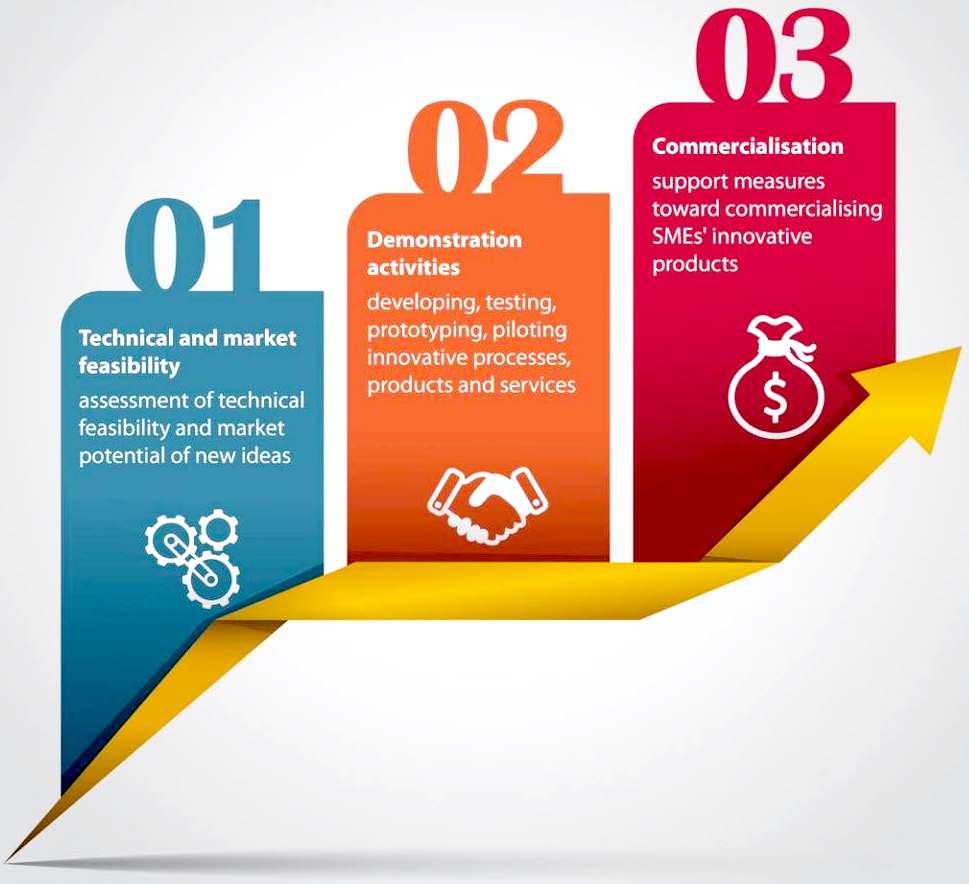
TOPIC
CONDITIONS and DOCUMENTS
Please
read carefully all provisions below before the preparation of your
application.
1.
List of countries and applicable rules for funding: described
in part
A of the General Annexes of the General Work Programme.
Note also that a number of non-EU/non-Associated Countries that are not
automatically eligible for funding have made specific provisions for making
funding available for their participants in Horizon 2020 projects (follow the
links to Australia,
Brazil,
Canada,
China,
Hong
Kong & Macau, India,
Japan,
Republic
of Korea, Mexico,
Russia,
Taiwan).
2.
Eligibility and admissibility conditions: described in part
B and C
of the General Annexes of the General Work Programme
Proposal page limits and layout:
Please refer to Part B of the standard proposal template.
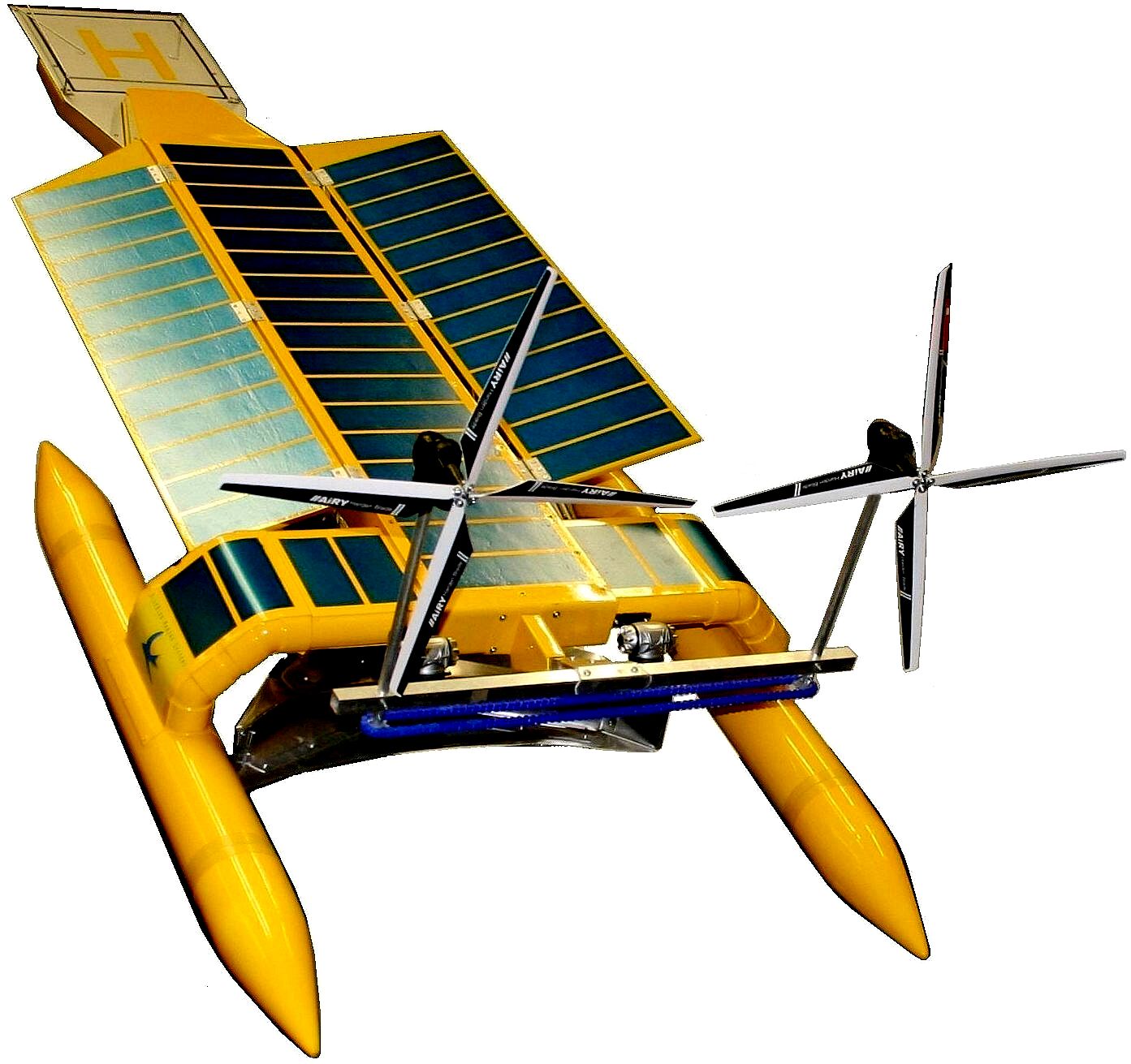
SEAVAX:
PROBABLY THE BIGGEST THREAT TO OUR OCEANS IS CLIMATE
CHANGE. THAT IS A MASSIVE
CHALLENGE THAT SEAVAX CANNOT BEGIN TO SCRATCH, BUT AT LEAST THIS ROBOT WILL
PROVE AGAIN
THAT SOLAR POWERED TRANSPORTATION CAN BE PUT TO PRACTICAL USE IN AN EFFORT TO
CLEAN UP OUR DIRTY HABITS - WITHOUT USING FOSSIL FUELS. THIS PROJECT WILL PASS
TO THE CLEANER OCEANS FOUNDATION FROM MAY OF 2017.
3.
Evaluation
3.1 Evaluation criteria and
procedure, scoring and threshold: described in part
H of the General Annexes of the General Work Programme
3.2 Submission and evaluation
process: Guide
to the submission and evaluation process
4.
Indicative timetable for evaluation and grant agreement:
Information on the outcome of single-stage evaluation:
maximum 5 months from the deadline for submission.
Signature of grant agreements: maximum 8 months from the deadline for
submission.
Information on the outcome of two-stage evaluation:
For stage 1: maximum 3 months from the deadline
for submission.
For stage 2: maximum 5 months from the deadline
for submission.
Signature
of grant agreements: maximum 8 months from the deadline for submission.
5.
Provisions, proposal templates and evaluation forms for the type(s) of
action(s) under this topic:
Innovation Action:
Specific
provisions and funding rates
Standard
proposal template
Standard
evaluation form
H2020
General MGA -Multi-Beneficiary
Annotated
Grant Agreement
6.
Additional provisions:
Horizon
2020 budget flexibility
Classified
information
Technology
readiness levels (TRL) – where a topic description refers to TRL, these
definitions apply.
Financial
support to Third Parties – where a topic description foresees financial
support to Third Parties, these provisions apply.
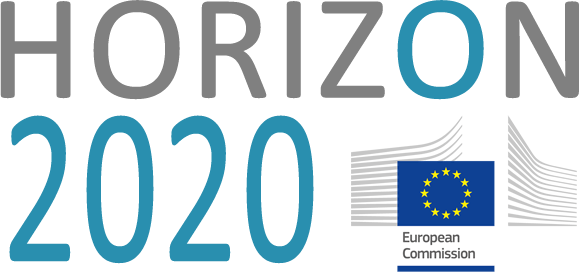
7.
Open
access must be granted to all scientific publications
resulting from Horizon 2020 actions.
Where
relevant, proposals should also provide information on how the participants
will manage the research data generated and/or collected during the project,
such as details on what types of data the project will generate, whether and
how this data will be exploited or made accessible for verification and
re-use, and how it will be curated and preserved.
Open
access to research data
The
Open Research Data Pilot has been extended to cover all
Horizon 2020 topics for which the submission is opened on 26 July 2016 or
later. Projects funded under this topic will therefore by default provide open
access to the research data they generate, except if they decide to opt-out
under the conditions described in annex L of the Work Programme. Projects can
opt-out at any stage, that is both before and after the grant signature.
Note that the evaluation phase proposals will not be evaluated more favourably
because they plan to open or share their data, and will not be penalised for
opting out.
Open research data sharing applies to the data needed to validate the results
presented in scientific publications. Additionally, projects can choose to
make other data available open access and need to describe their approach in a
Data Management Plan.
Projects need to create a Data Management Plan (DMP), except if they opt-out
of making their research data open access. A first version of the DMP must be
provided as an early deliverable within six months of the project and should
be updated during the project as appropriate. The Commission already provides
guidance documents, including a template for DMPs.
Eligibility of costs: costs related to data management and data sharing are
eligible for reimbursement during the project duration.
The legal requirements for projects participating in this pilot are in the article
29.3 of the Model Grant Agreement.
Further information on the Open Research Data Pilot is made available in the H2020
Online Manual.
8.
Additional documents
H2020
Work Programme 2016-17: Introduction
H2020
Work Programme 2016-17: Food security, sustainable agriculture and forestry,
marine and maritime and inland water research and the bioeconomy
H2020
Work Programme 2016-17: Dissemination, Exploitation and Evaluation
H2020
Work Programme 2016-17: General Annexes
Legal
basis: Horizon 2020 - Regulation of Establishment
Legal
basis: Horizon 2020 Rules for Participation
Legal
basis: Horizon 2020 Specific Programme
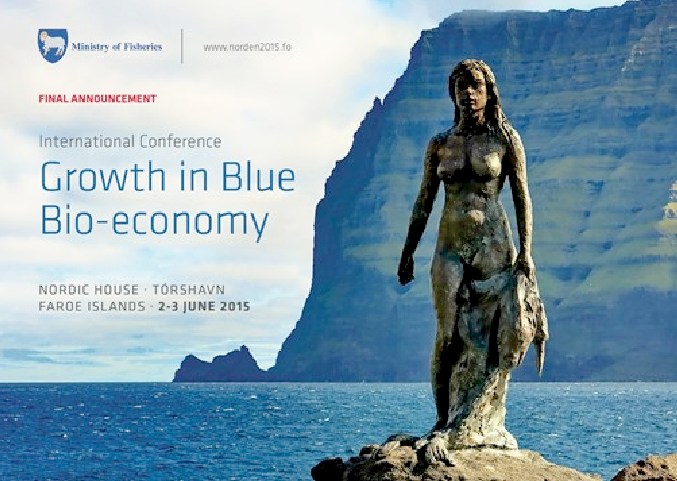
INTERNATIONAL CONFERENCE - GROWTH IN THE BLUE BIO ECONOMY - 2-3 JUNE 2015
This was a partner event held at Nordic House, Torshavin on the Faroe Islands.
The Conference was hosted by the Faroese Ministry of Fisheries as a flagship project in the 2015 Nordic Council of Ministers Chairmanship Program. The objective of the Conference is to provide an overview of the huge growth potential in marine bio-economy. The target audience is ministers, parliamentarians, industry, investors, decision makers and policy advisers. The focus will be on essential policy initiatives to support growth in the marine sector. The Nordic Marine Think Tank, NMTT, is responsible for the organisation of the conference.
The conference had three themes:
Theme I: Blue Bio-economy at the global and regional level.
Theme II: Potential Growth in marine Industries.
Theme III: Obstacles to and promotion of Blue Growth.
The current use of marine biomasses and possibilities for adding value to biomass products will be reviewed. This includes the potential to replace
petroleum based products with marine biomass and utilisation of marine biomass as raw material in higher value products such as the food industry,
cosmetics and pharmaceuticals. Business cases will be highlighted.
The conference will discuss obstacles to blue
growth. Are countries able to cooperate in these matters? Are there policies and action plans in place to make growth possible?
A synthesis report on various aspects of blue bioeconomy will be prepared in advance of the meeting and circulated to participants.
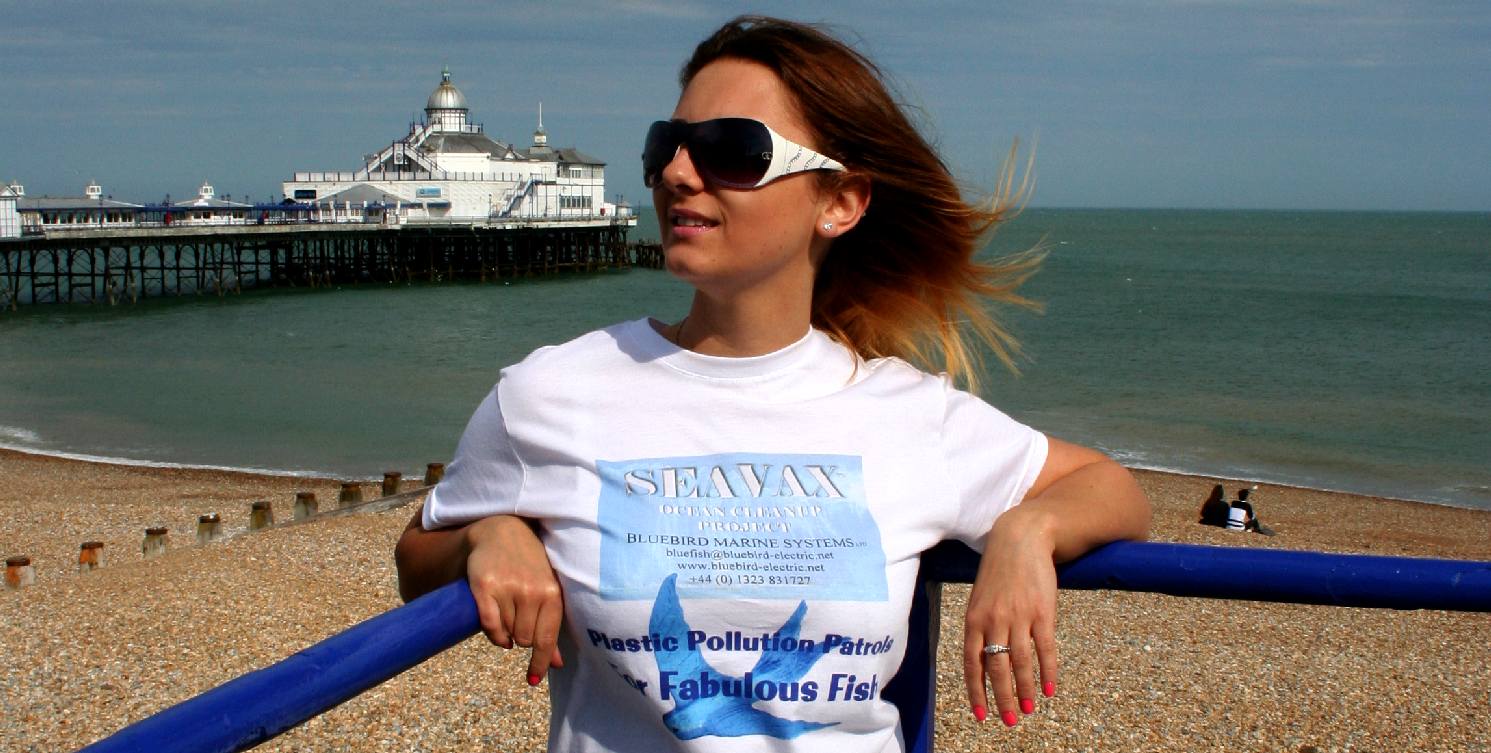
SEASIDE
ATTRACTIONS - Seaside resorts like Eastbourne are in decline mainly
because of cheap package holidays abroad that rely on fossil fuels to jet
travelers to their destinations without attracting any carbon tax
penalty for their climate warming activity. Monika says that in
defence of fun seekers, why would anyone take a trip to a beach that is littered with
waste and lacking the kudos of a Mediterranean tan if the price is about
the same? It is in the interests of the owners of attractions like the
pier in the background and local authorities to keep their patches
clean. Eastbourne is one of the cleaner beaches at the moment, though
tell tale signs of plastic are to be seen trapped in the iron legs that
support the landmark walkway. Yet, nobody is rushing to foot the cleanup
bill. There are though heroic groups of beach cleaning volunteers who
give of their time freely to scour the shingle for flotsam and bag it.
Even more importantly, these groups weigh the catch and log that data so
that we have some kind of idea of the scale of the problem.
ABOUT
THE GREEN
GROWTH KNOWLEDGE PLATFORM
The Green Growth Knowledge Platform (GGKP) is a global network of international organizations and experts that identifies and addresses major knowledge gaps in green growth theory and practice. By encouraging widespread collaboration and world-class research, the GGKP offers practitioners and policymakers the policy guidance, good practices, tools, and data necessary to support the transition to a green economy.
The GGKP was established in January 2012 by the Global Green Growth Institute, the Organisation for Economic Co-operation and Development, the
United Nations Environment Programme and the
World
Bank.
This group has since expanded to include a large, diverse group of knowledge partners, comprising leading institutions and organizations active in areas related to green growth and green economy at the local, national, regional, and international levels.
The GGKP benefits from strategic funding from Switzerland, as well as programmatic funding from the
Netherlands.
CONTACT THE GGKP
International Environment House
11-13 chemin des Anemones
1219 Geneva, Switzerland
GGKP@Twitter

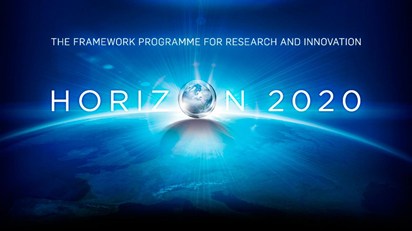
H2020
Call: Zero or Near Zero Carbon Vessels (Section 4, Waterborne -
MG.4.1-2014)
Seeking
shipbuilders to co-develop low drag hull technology
LINKS
Green
Growth Knowledge Platform event growth-blue-bio-economy
http://www.greengrowthknowledge.org/event/growth-blue-bio-economy
https://twitter.com/GGKPlatform
https://ec.europa.eu/research/participants/portal/desktop/en/opportunities/h2020/topics/bg-07-2017.html
http://www.2020visionnetwork.eu/sme/
http://erc.europa.eu/funding-schemes
ACIDIFICATION
- ADRIATIC - ARCTIC
- ATLANTIC - BALTIC
- BAY BENGAL - BERING
- CARIBBEAN - CORAL
- EAST CHINA
ENGLISH
CH - GOC
- GULF GUINEA - GULF
MEXICO - INDIAN -
IOC
- IRC
- MEDITERRANEAN - NORTH
SEA - PACIFIC - PERSIAN
GULF - SEA JAPAN
STH
CHINA - PLASTIC
- PLANKTON - PLASTIC
OCEANS - SEA
LEVEL RISE - UNCLOS
- UNEP
WOC
- WWF
AMAZON
- BURIGANGA - CITARUM - CONGO -
CUYAHOGA - GANGES - IRTYSH -
JORDAN - LENA - MANTANZA-RIACHUELO
MARILAO
- MEKONG - MISSISSIPPI - NIGER - NILE - PARANA - PASIG - SARNO - THAMES
- YANGTZE - YAMUNA - YELLOW
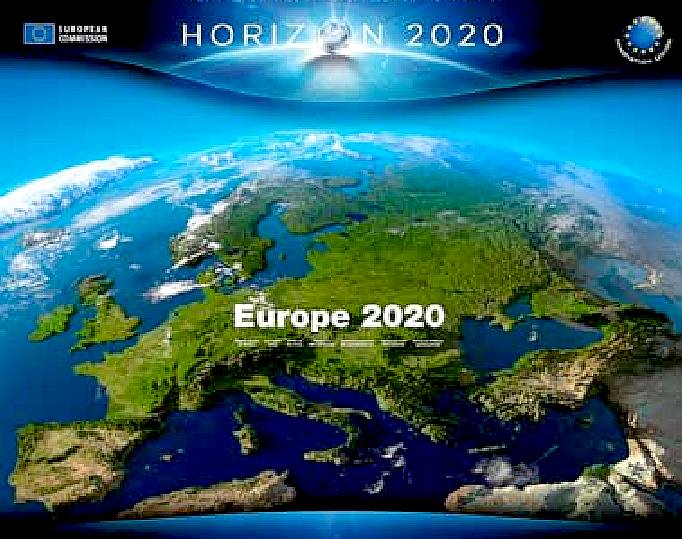
|









